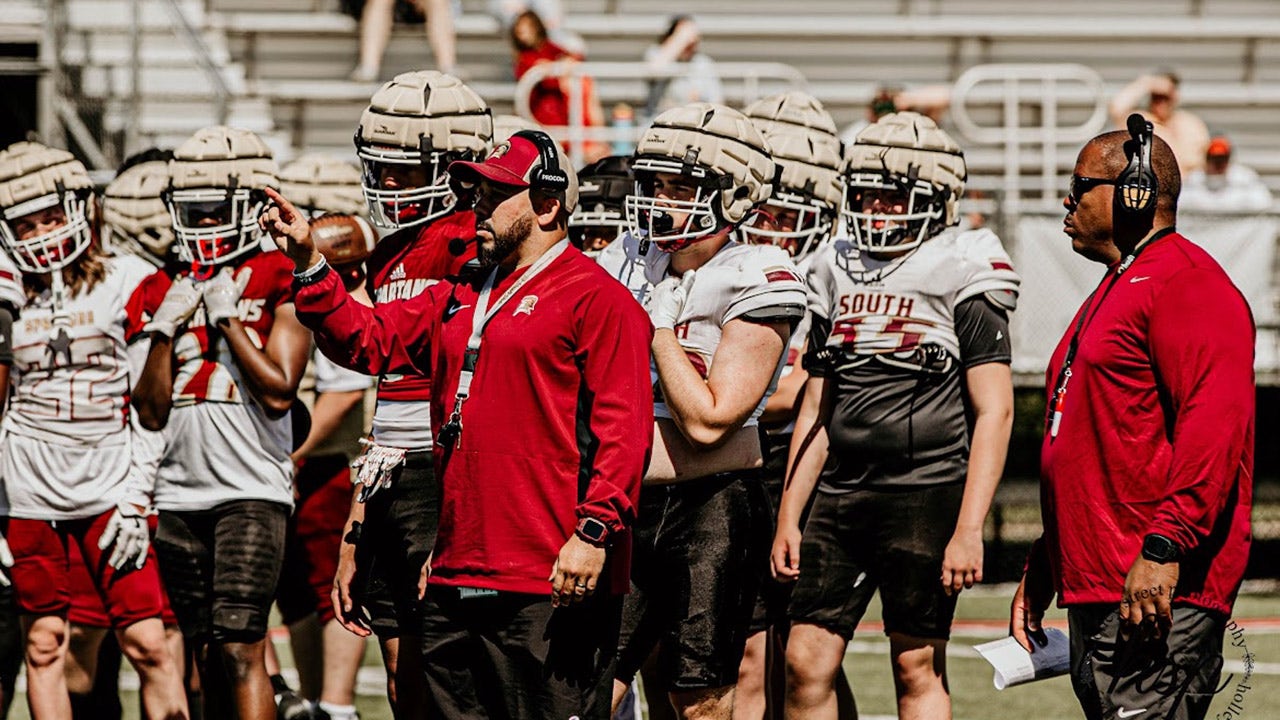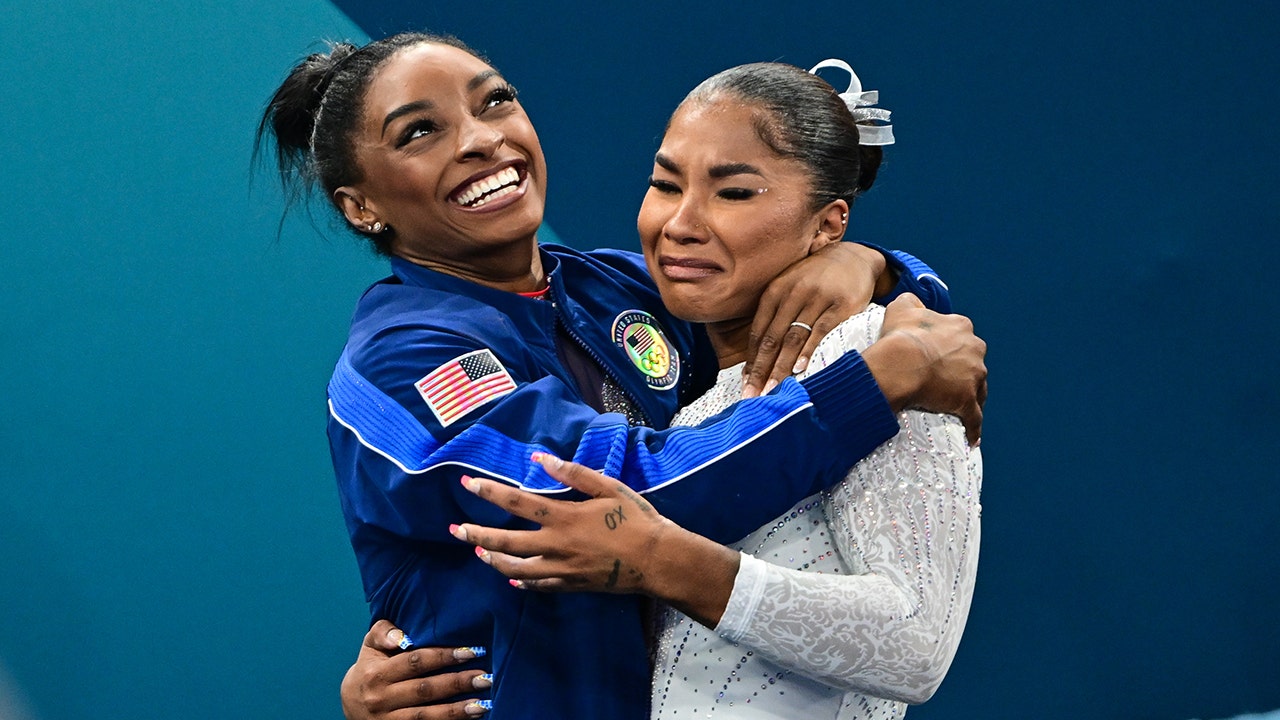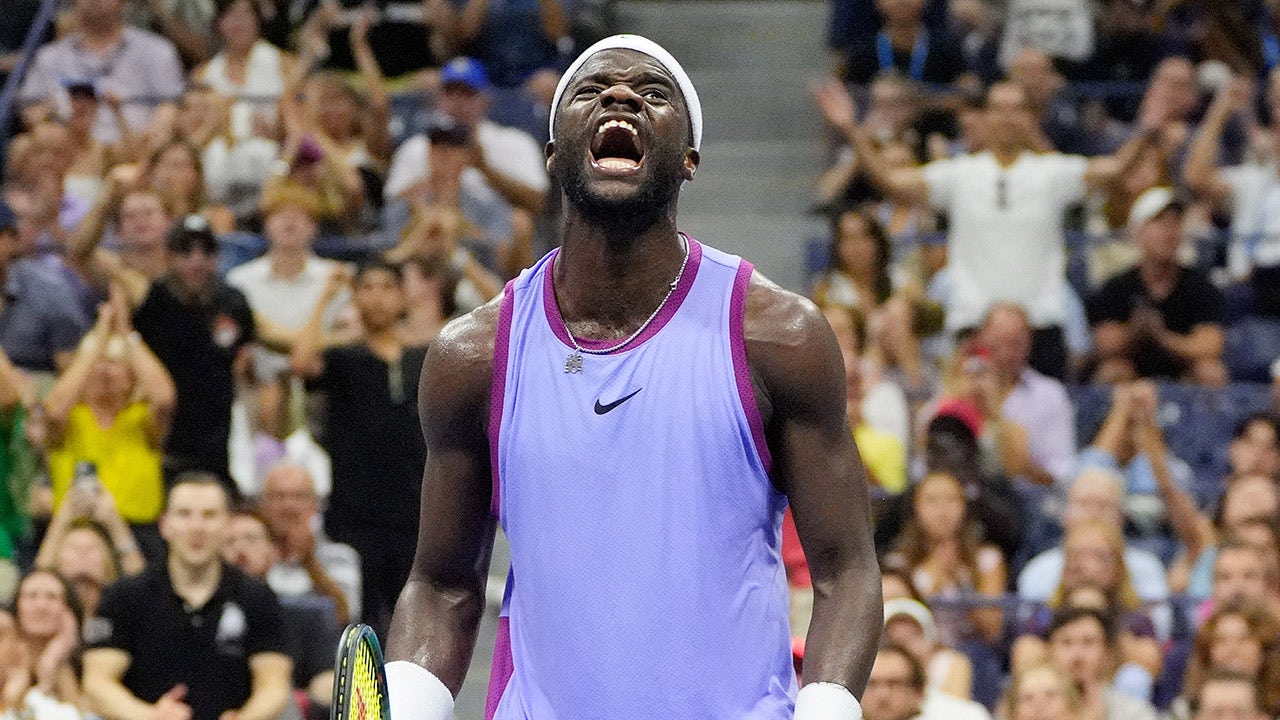The most compelling argument in favour of keeping Erik ten Hag in place at the end of last season was that he had not yet had the opportunity to work within an elite sporting structure at Manchester United. And if you wanted to be mischievous, you could say he still hasn’t.
Not only because 14 games at the start of 2024-25 is arguably not much of an ‘opportunity’, but also because elite sporting structures do not generally reward a manager with a contract extension, and then sack him only four months later.
Maybe that’s an unkind assessment of co-owner INEOS’ track record to date. There has, after all, been a summer transfer window that saw most priorities addressed, progress on plans to redevelop Old Trafford stadium and the Carrington training ground and several highly reputable executives appointed in a new-look hierarchy.
But whether to stand by or dispense with Ten Hag has been the single most important question for United’s leadership team to answer since minority owner Sir Jim Ratcliffe finally got his feet under the table with that INEOS deal in February.
And Ten Hag’s dismissal — broken on Monday by The Athletic — means that the commitment to keep him in charge at the end of last season will go down as a mistake, and a costly one at that.
Ten Hag’s days appeared to be numbered in May, after a recommendation to change the manager was made at a meeting of executives in Monaco, in the weeks leading up to the FA Cup final. United held discussions with prospective candidates, details of which overshadowed preparations for that game at Wembley.
Once talks with their preferred candidates stalled, and on the back of the unlikely win over Manchester City in the final, United decided to stick rather than twist. But given the messy nature of their manoeuvrings, handing Ten Hag an extension was necessary to show faith in a manager who had been undermined.

Ten Hag was never Ratcliffe’s man at United (Manchester United via Getty Images)
Now, following a summer of cost-cutting that resulted in 250 people losing their jobs, United will have to pay their departing manager significantly more in compensation than they would have done had this happened over the summer.
The upshot is that having effectively been one of the last Premier League clubs to decide who would be sitting in their dugout this season, United have become the first to make a change. And they do so shortly after spending more than £200million ($260m) in a summer transfer window on targets Ten Hag endorsed.
For all the positive steps taken in some departments, that United’s newly-installed hierarchy has had to reverse the single most important decision they have taken to date can only be viewed as an early blot on the INEOS copybook.

GO DEEPER
Inside Man Utd’s seismic summer: Recruitment upheaval, job fears and aggressive youth policy
Meanwhile, the Glazer family will largely avoid scrutiny for the failure of a managerial appointment made on their watch — their fifth permanent hiring since Sir Alex Ferguson’s retirement 11 years ago — all while retaining 69.1 per cent of the club.
That was part of the deal when Ratcliffe paid £1.3billion to take control of football operations at Old Trafford, of course, and perhaps now he can see why the Florida-based siblings so readily accepted. But with great responsibility comes great power, and despite the mistakes made in the handling of Ten Hag’s exit, it marks the start of United’s INEOS-led era in earnest.
How quickly and effectively the 2024-25 season can be salvaged is now up to Ratcliffe and his appointees. It will be a test of just how elite the sporting structure that’s been put in place truly is, and how prepared they were to react to a scenario that — in all honesty — many saw coming.
In fairness to the United hierarchy, the greatest mistake of all would have been to succumb to sunk-cost fallacy and persist with Ten Hag regardless. Even if the optics of this dismissal are not great, they have at least recognised that recent results and performances were far more damaging and demanded action.

United executives (from left) Ratcliffe, Sir Dave Brailsford, Omar Berrada, Dan Ashworth, Jason Wilcox and Sir Alex Ferguson (Michael Regan/Getty Images)
Ten Hag’s requests for more patience to be shown, for judgements to be withheld until the end of his third season in charge, ignored the fact that he was on borrowed time already. The club have now changed course early enough in the season for a permanent, or interim, successor to turn results around.
Even though United are only seven points clear of the relegation zone after nine games, they are only seven adrift of fourth place. Two-and-a-half months of the season have been lost, with only three league wins against Fulham, Southampton and Brentford to show for them, but there is still time to right the ship.
The process for securing a replacement now needs to be smooth and decisive. This time, there has not been such a public round of speed dating — perhaps a sign people have learned from the errors of the spring.
And then once a replacement is found, that replacement will be an INEOS appointee. The new structure that Ratcliffe cited as critical above all else will be fully in place — with practically every senior executive and member of the coaching staff being a new face, right down to the person standing out on the touchline.
Because despite muddying the waters with this summer’s stay of execution, the decision to sack Ten Hag will have been made at least somewhat easier by the fact that he was still not Ratcliffe’s manager. This was always a marriage of convenience, inexorably heading towards divorce, trying to stay together for the kids. Ten Hag was ultimately somebody else’s choice who, when it came down to it, could be passed off as somebody else’s mistake.
That will not be the case for his successor. And on the back of that successor’s work, fuller and fairer assessments of the INEOS-led era at Old Trafford can and will be formed.
After going back on the first major managerial decision made under their direction, United’s hierarchy now has another one to make.
This time, it is theirs and theirs alone. This time, they need to get it right.
(Top photos: Getty Images; design: Dan Goldfarb)






